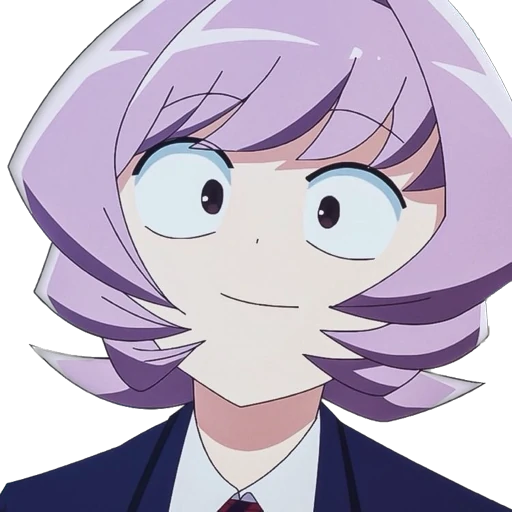 Ikiru
Ikiru
darkness [at] sandyuraz [dot] com
Dossier 🖋 | Bookshelf 🔖 | Fortunes 🧧 | K.K.’s Fortunes 🦋 | Go Up ☝️ | Home 🏠
 Ikiru
Ikiru
It doesn’t really get more perfect and contained than this. A Dostoevskian-style narrative of a life so busy, dull, and boring that it is functionally no different from being dead. A bureaucrat surrounded by fellow bureaucrats, grinded out by their daily minutia, and finally hollowed out into a living carcass—devoid of any purpose or meaning behind it all. Not that it is the most important facet of life, but there is nothing else there either.
Harrowingly raw, it reminded me of Dostoevsky’s short story, A Bad Business, where even if the weight of Mr. Watanabe’s life coming to its end paved the way for his one last project, one last defiance of the life he has lived so far—people around can be fascinated, revering his actions, making oaths left and right on how they themselves will lead a life in service to the people, leaving their old ways behind; where nevertheless, everything will come back to its usual routine, to its usual mundane existence, as prescribed.
The idea of not recalling anything of joy or of value for the past thirty years of one’s life terrifies me. Nothing to hold on to. Not even kids, their achievements, their lives bring joy—worst of all—when those feelings are reciprocated by the children as well. This might be Akira Kurosawa’s finest piece of work. I am a fan of his famous earlier and later works, but this one, it strikes a certain kind of note that I’m all in for. The intersection of a Japanese setting, Western inspiration, Classic Russian Literature delivery, and a Universal message.
Ikiru was relevant when it was made. It was relevant a decade later. It is relevant today. It will be relevant for generations to come. Everyone has to live a life. The question is, “how do you live?”